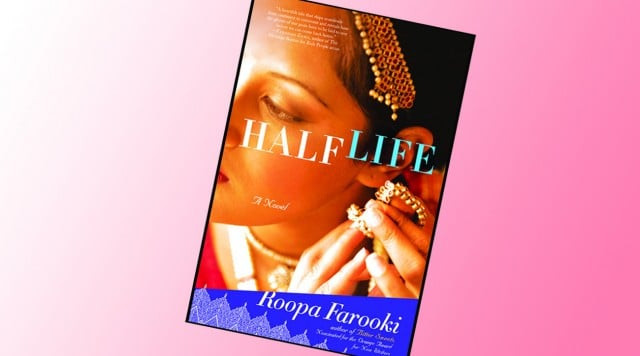For pete’s sake
Mandelson’s memoir The Third Man, truly give us an insight into the whole grisly dysfunction of New Labour.

For pete’s sake
The flurry of New Labour memoirs has jettisoned such serious fare. Perhaps unsurprisingly for a government that acted as midwife to a post-Diana Britain — a let it all hang out country that ushered in sentimentality over stiff upper lips — these books reflect the confessional, celebrity Big Brother age. Often unflinchingly candid, they have dealt with bulimia (former Deputy Prime Minister, John Prescott), addiction to alcohol (Tony Blair), sex (Tony Blair) and the fear of becoming Prime Minister (Tony Blair again). However, it’s left to Peter Mandelson’s bitchy memoir, The Third Man, to truly give us an insight into the whole grisly dysfunction of New Labour.
As Britain’s original spin doctor, Mandelson charts the rise of Labour from red flag waving perennial election losers to becoming the New Labour election winning juggernaut. It was Mandelson who in 1997 led the team that masterminded New Labour’s victorious election campaign. He was twice a member of Blair’s Cabinet, and twice forced to resign in highly controversial circumstances, before moving to Brussels as EU Trade Commissioner and re-inventing himself as a political player on the international stage.
The book begins with a chapter entitled ‘Can you help me?’, a question posed to Mandelson by the then beleaguered Prime Minister Gordon Brown which leads to his dramatic recall to the Cabinet for a third time in October 2008. However, this could have been the subtitle of the book considering how indispensable Mandelson makes himself out to be throughout the memoir. He’s indispensable for Neil Kinnock during the modernising phase as Labour ditches the red flag in favour of the red rose. He’s indispensable to Blair as they usher in New Labour. At one point Blair says, ’I need you to be Peter. I need you around me to make sure things run smoothly’. And of course he eventually proves indispensable to Brown despite an earlier falling out. But instead of appearing central to the New Labour project he comes across as a terribly needy character; constantly wanting the approval and affirmation of Blair and Brown.
Of course the Graham Greenesque title refers to the political ménage a trois of modernisers at the heart of New Labour. Torn between backing the brilliant but broody Brown or the telegenic Tony in the Labour leadership battle of 1994, Mandelson decides to back Blair. (He seems to have a bit of a bromance for Tony). This leads to a titanic 15 year battle between the three founding architect of New Labour, with Mandelson often caught in the crossfire. And it’s when dealing with the dysfunctional three way relationship between Blair, Brown and Mandelson that The Third Man comes alive. Despite what we have already read in the press it’s still quite shocking to read how damaging the relationship between Blair and Brown became. Blair appears much the weaker figure. Brown frustrates Blair’s modernising domestic agenda to such an extent that the Prime Minister all but cedes control of domestic policy to his errant Chancellor. Which begs the question was Blair’s enthusiastic support for the Iraq war because he had nothing better to do at home?
Published in The Express Tribune September 19th, 2010.















COMMENTS
Comments are moderated and generally will be posted if they are on-topic and not abusive.
For more information, please see our Comments FAQ